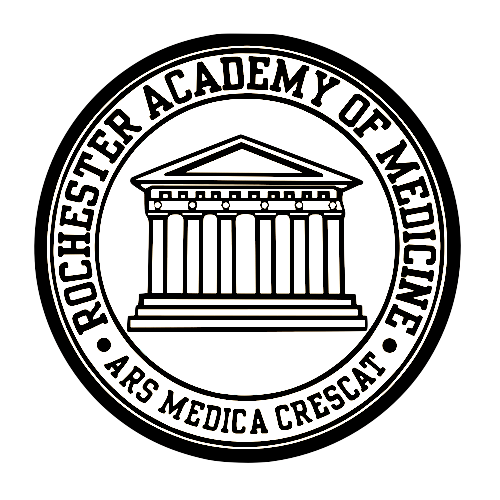Menu
Log in

The Rochester Academy of Medicine Advances Learning,
Encourages Service, and Initiates Collaboration in the Communities We Serve.
RAoM Consortiums support Interprofessional Leadership around specific topics.
- Home
- The Corner Society: "Peculiar Institutions: U.S. Slavery and Asylums in the Nineteenth Century"
For CME or Events Please contact: Susan.Layton@raom.org
For all other inquiries Please contact: Ryan.Johnson@raom.org
1441 East Avenue Rochester, NY 14610 585-271-1314 www.raom.org
Powered by Wild Apricot Membership Software